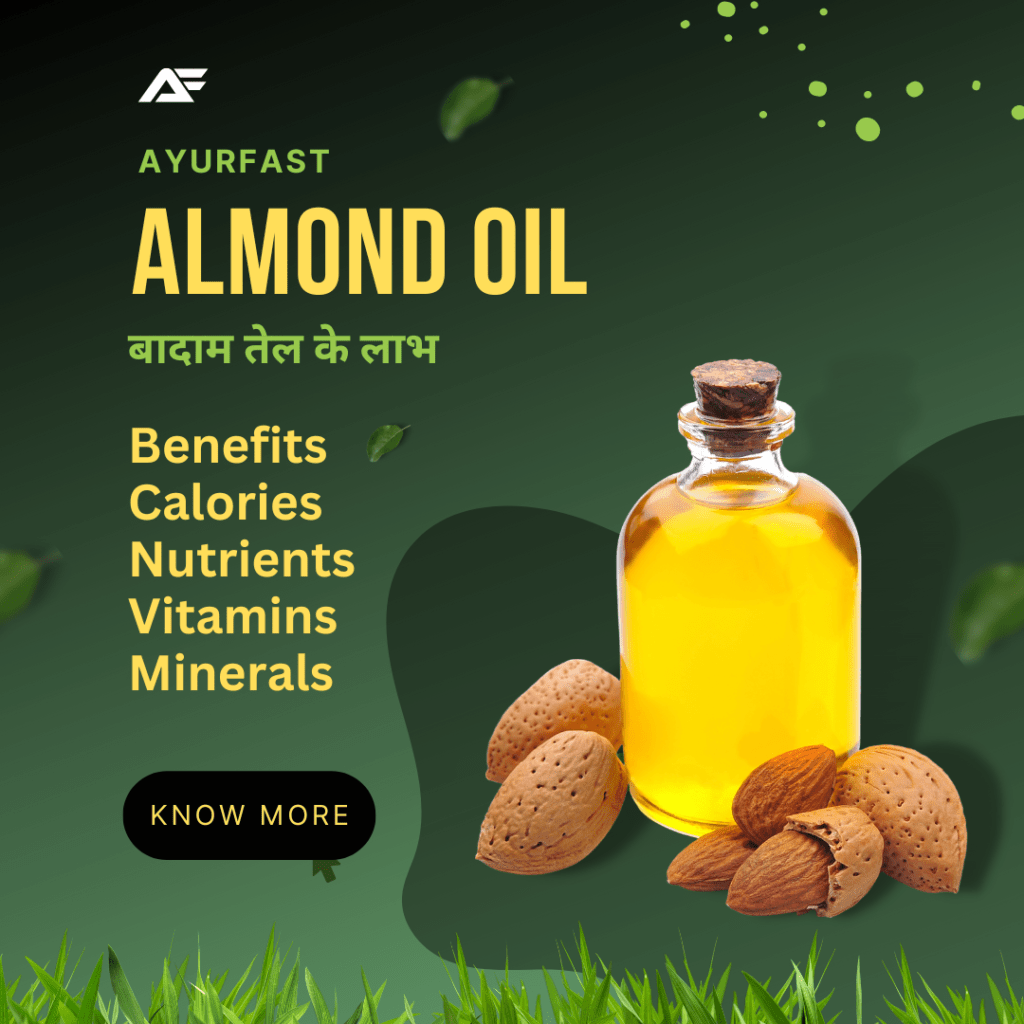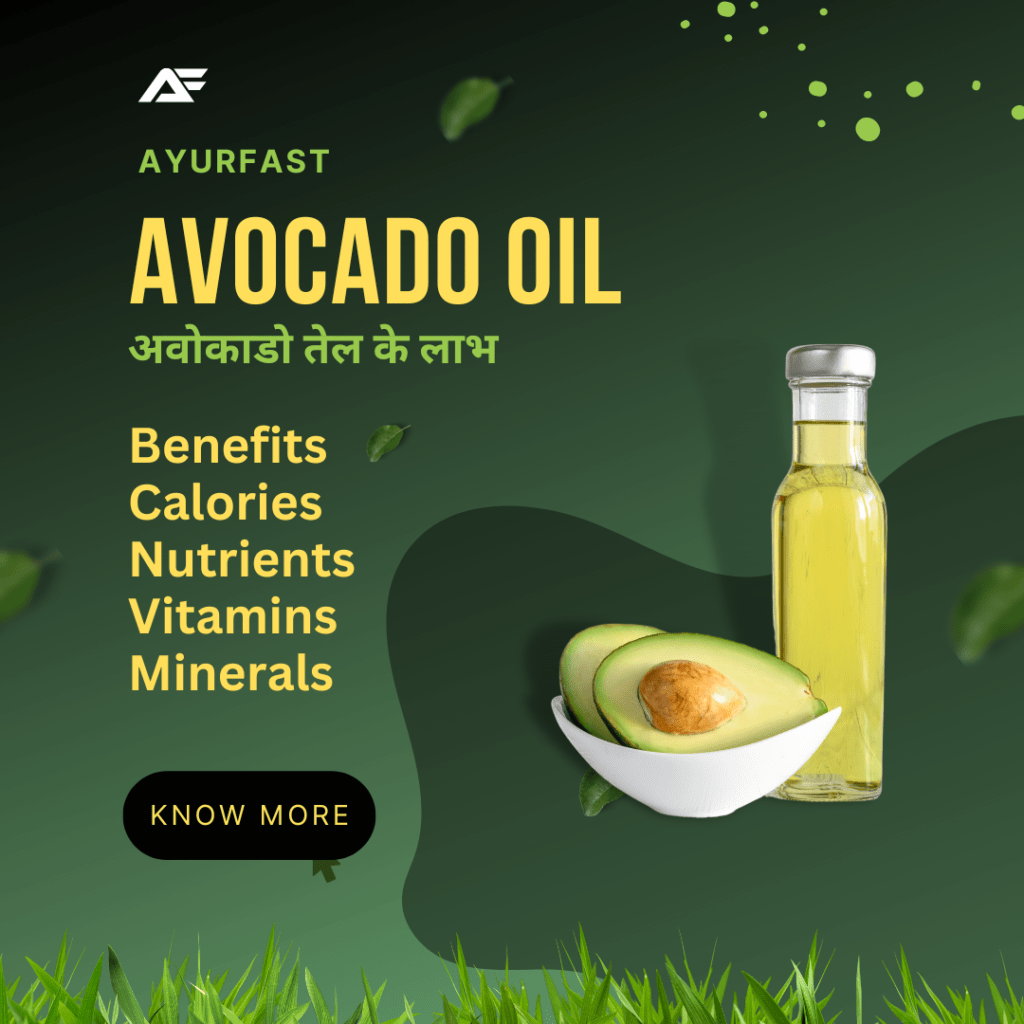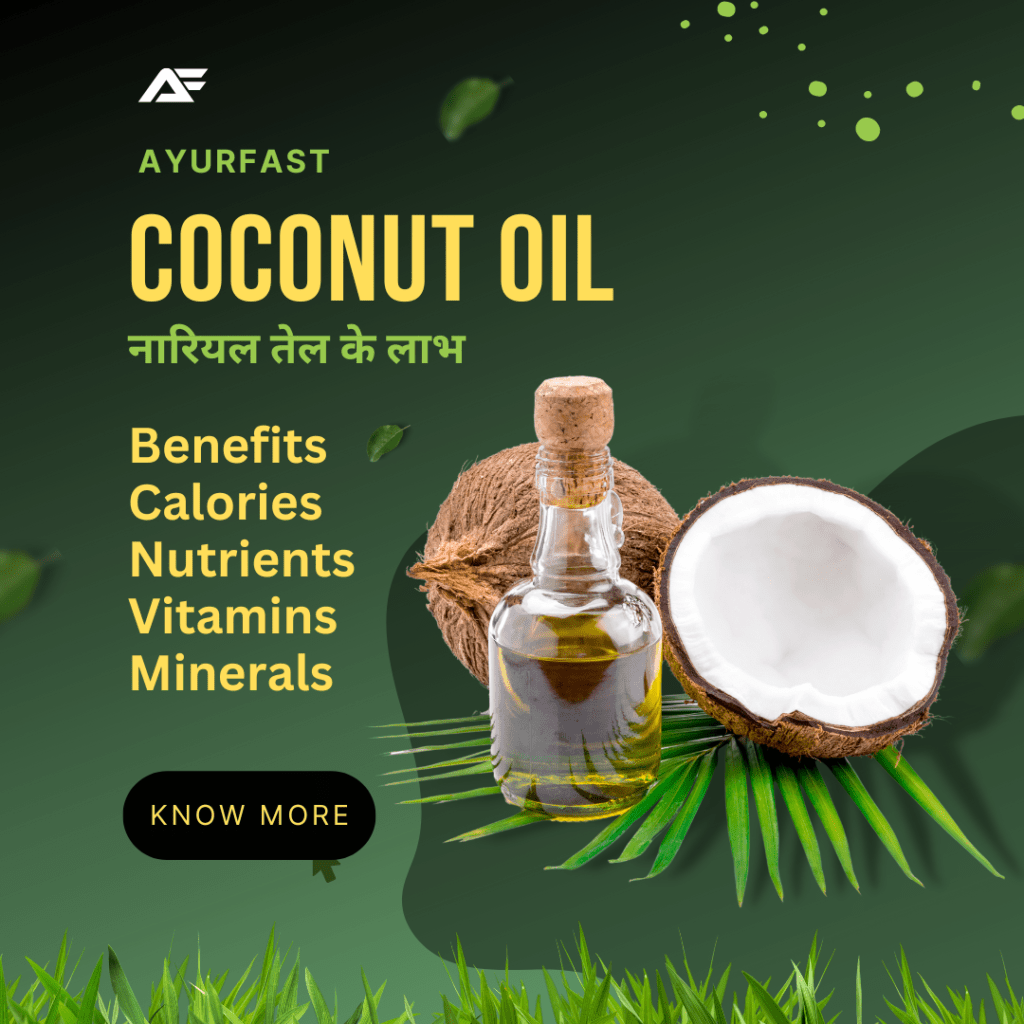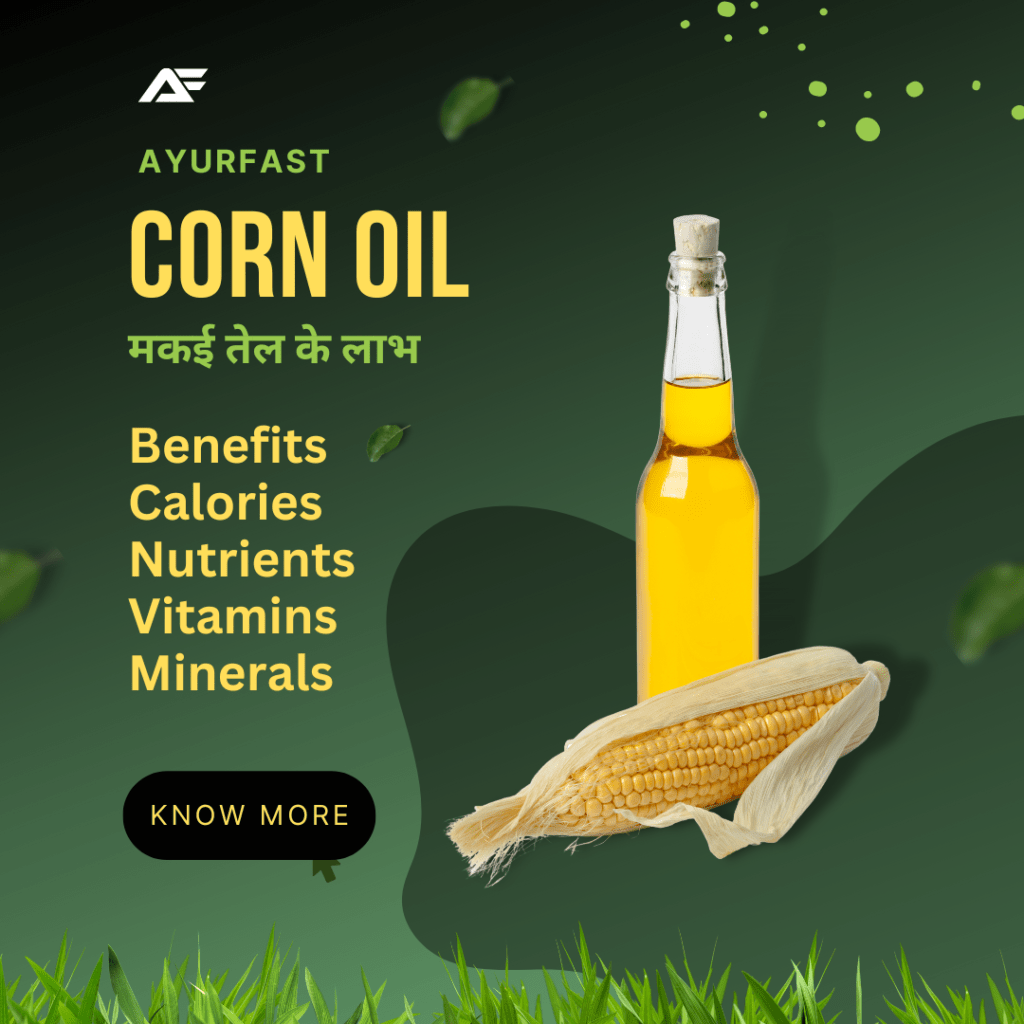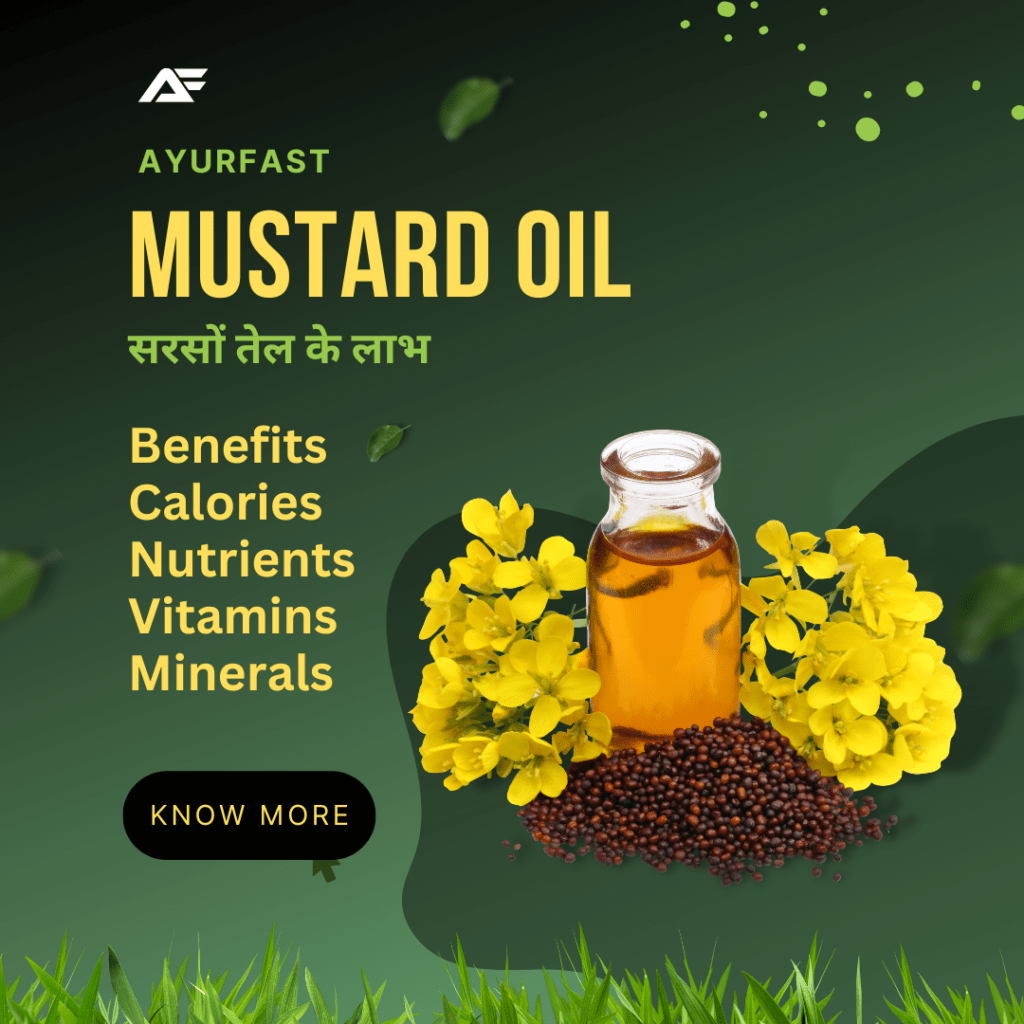
About
Walnut oil is an edible oil extracted from the kernels of walnuts. It is a clear, pale yellow liquid with a nutty flavor and aroma. It is rich in monounsaturated and polyunsaturated fatty acids, vitamins, and minerals, making it a healthy oil to use in cooking and for other health benefits.
Health Benefits of Walnut Oil:
-
Heart Health: Walnut oil is rich in omega-3 fatty acids, which help to reduce the risk of heart diseases by lowering cholesterol levels, reducing blood pressure, and reducing inflammation.
-
Anti-inflammatory Properties: The omega-3 fatty acids in walnut oil have anti-inflammatory properties, which help to reduce inflammation in the body, and prevent chronic diseases such as arthritis and Alzheimer’s disease.
-
Skin Health: Walnut oil is rich in Vitamin E, which is an antioxidant that helps to protect the skin from damage caused by free radicals, and promotes healthy skin.
-
Digestive Health: Walnut oil has a laxative effect that helps to relieve constipation and promote regular bowel movements.
-
Brain Health: Walnut oil is rich in DHA, an essential fatty acid that helps to support brain health and improve cognitive function.
-
Weight Management: Walnut oil is high in healthy fats that can help to increase feelings of fullness and reduce cravings, thereby aiding in weight management.
Health Losses of Walnut Oil:
-
High in Calories: Walnut oil is high in calories, so overconsumption can lead to weight gain.
-
Allergic Reactions: People who are allergic to tree nuts may also be allergic to walnut oil and may experience allergic reactions.
Preparation Method of Walnut Oil: Walnut oil can be prepared at home by following these steps:
- Crack open the walnuts and remove the shells.
- Remove the kernels from the shells.
- Rinse the kernels with water and allow them to dry.
- Toast the kernels in an oven or on a stovetop until they turn golden brown.
- Allow the kernels to cool and then grind them into a fine powder.
- Add the powder to a press and apply pressure to extract the oil.
List of Treatments it can be used for:
-
Skin Care: Walnut oil is a common ingredient in many skincare products due to its nourishing and moisturizing properties.
-
Hair Care: Walnut oil is used in hair products to promote healthy hair growth, improve hair texture, and prevent hair loss.
-
Cooking: Walnut oil can be used in cooking to add flavor to dishes, or as a salad dressing.
-
Massage: Walnut oil is commonly used in massage therapy as it is easily absorbed by the skin and has a relaxing effect on the body.
Harms of Overdose:
Overconsumption of walnut oil can lead to weight gain and may cause digestive discomforts such as bloating, gas, and diarrhea. It is important to consume walnut oil in moderation and to consult a healthcare professional before using it as a supplement.
Daily Maximum Consumption Chart:
The daily maximum consumption of walnut oil varies depending on age and gender. Here is a chart outlining the recommended maximum consumption per day:
| Category | Maximum Daily Consumption |
|---|---|
| Child | 1 tablespoon (15 ml) |
| Adult Man | 2 tablespoons (30 ml) |
| Adult Woman | 1-2 tablespoons (15-30 ml) |
Macro Nutrient Content Walnut oil (per 50g serving):
| Nutrient | Amount |
|---|---|
| Carbohydrates | 0 g |
| Fats | 49 g |
| Proteins | 0 g |
| Fiber | 0 g |
| Water | 0 g |
Vitamin Content Walnut oil (per 50g serving):
| Vitamin | Amount |
|---|---|
| Vitamin A | 0 μg |
| Vitamin B1 | 0.11 mg |
| Vitamin B2 | 0.02 mg |
| Vitamin B3 | 0.15 mg |
| Vitamin B6 | 0.17 mg |
| Vitamin B12 | 0 μg |
| Vitamin C | 0 mg |
| Vitamin D | 0 μg |
| Vitamin E | 4.7 mg |
| Vitamin K | 0 μg |
| Folate | 8 μg |
| Biotin | 5.6 μg |
Mineral Content Walnut oil (per 50g serving):
| Mineral | Amount |
|---|---|
| Calcium | 5 mg |
| Iron | 0.6 mg |
| Iodine | 0 μg |
| Zinc | 0.6 mg |
| Magnesium | 50 mg |
| Phosphorus | 0 mg |
| Potassium | 0 mg |
| Sodium | 0 mg |
| Chloride | 0 mg |
| Copper | 0.19 mg |
| Chromium | 0 μg |
| Fluoride | 0 μg |
| Molybdenum | 0 μg |
| Manganese | 1.3 mg |
| Selenium | 1.1 μg |
What is walnut oil?
Walnut oil is a cooking oil that is derived from walnuts. It can be made by cold-pressing the nuts or by using a solvent extraction process.
What are the health benefits of walnut oil?
Walnut oil is high in omega-3 fatty acids, which are essential for brain and heart health. It also contains antioxidants that can help protect against inflammation and disease.
Is walnut oil good for cooking?
Yes, walnut oil is a good oil for cooking as it has a high smoke point and a mild flavor that complements a variety of dishes.
How should walnut oil be stored?
Walnut oil should be stored in a cool, dark place to prevent oxidation. It should also be kept in an airtight container to maintain its freshness.
Is walnut oil vegan?
Yes, walnut oil is a vegan product as it is derived from nuts.
Can walnut oil be used for skincare?
Yes, walnut oil can be used as a skincare ingredient as it is high in antioxidants and has moisturizing properties.
Does walnut oil go rancid quickly?
Yes, walnut oil can go rancid quickly due to its high unsaturated fat content. It is recommended to use it within a few months of opening.
Is walnut oil gluten-free?
Yes, walnut oil is gluten-free as it is not made from any grains.
Can walnut oil be used for hair care?
Yes, walnut oil can be used for hair care as it is high in vitamins and minerals that promote healthy hair growth.
What is the best way to use walnut oil in cooking?
Walnut oil is best used for low to medium heat cooking or as a finishing oil for salads, roasted vegetables, or grilled meats.
Can walnut oil help with weight loss?
While walnut oil is high in healthy fats, it is still an oil and should be consumed in moderation as part of a healthy diet.
Is walnut oil suitable for people with nut allergies?
No, walnut oil is not suitable for people with nut allergies as it is derived from walnuts.
What is the difference between toasted and untoasted walnut oil?
Toasted walnut oil has a stronger, nuttier flavor and aroma than untoasted walnut oil.
Can walnut oil be used for deep frying?
No, walnut oil is not suitable for deep frying as it has a low smoke point and can easily go rancid at high temperatures.
Is walnut oil a good source of vitamin E?
Yes, walnut oil is a good source of vitamin E, an antioxidant that can help protect cells from damage.
Can walnut oil be used as a substitute for other oils?
Yes, walnut oil can be used as a substitute for other oils in recipes, especially in dishes that call for nutty or earthy flavors.
What is the shelf life of walnut oil?
The shelf life of walnut oil depends on how it is stored. If kept in a cool, dark place in an airtight container, it can last for up to six months.
Is walnut oil expensive?
Walnut oil can be more expensive than other cooking oils due to the cost of sourcing and extracting the oil from walnuts.
Is walnut oil good for the heart?
Yes, walnut oil is good for heart health due to its high omega-3 content, which can help lower cholesterol and reduce the risk of heart disease.

